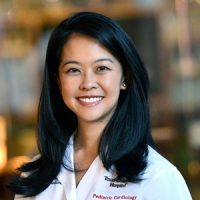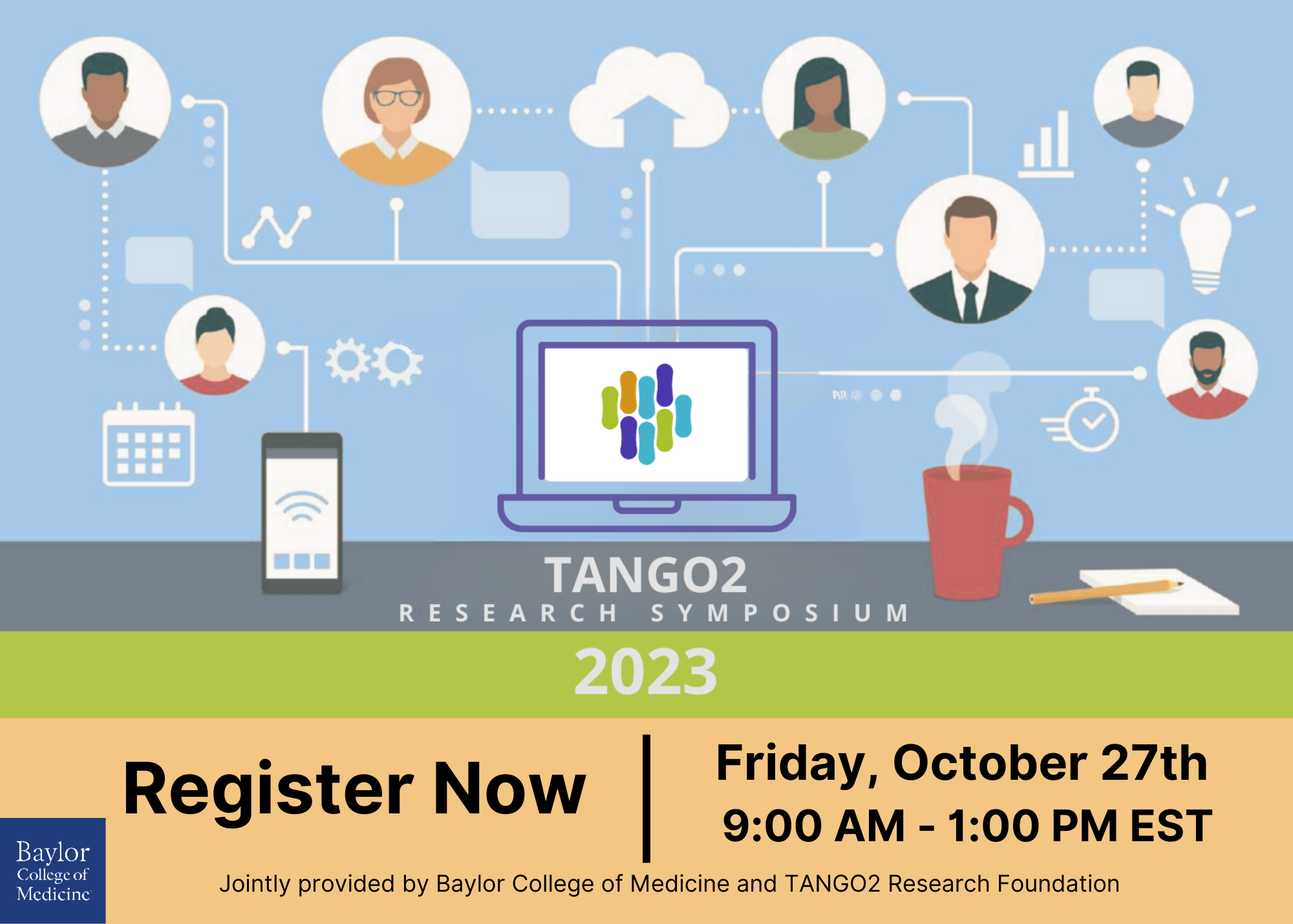SHARING THE LATEST TANGO2 RESEARCH & BROADENING OUR RESEARCH NETWORK
Led by leading TANGO2 deficiency disorder (TDD) researchers and healthcare professionals, this symposium provides a program of information-rich sessions spotlighting current research efforts propelling scientific advancements in TDD. This agenda will also underscore recent progress in TDD clinical care, including prospective recommendations for TDD therapeutic approaches, thereby ensuring learners are on the cutting edge of TDD treatment and management.
We welcome researchers, scientists, medical professionals and families directly affected by TANGO2 deficiency disorder. At the conclusion of the symposium, participants should be able to:
- Describe the current TANGO2 deficiency disorder research landscape and its clinical relevance
- Evaluate the clinical recommendations and pertinent published literature on TANGO2 deficiency disorder to assess its current understanding and diagnostic approaches
- Evaluate and identify when to refer patients with TANGO2 deficiency disorder to research or clinical experts

AGENDA AT A GLANCE
9am Founder’s Welcome – Kasha Morris
9:05am The Role of Reactive Oxygen Species in TANGO2 Deficiency Disorder – Sarah Sandkuhler, MD, PhD (cand)
9:40am TANGO2 functions at the level of acyl-CoA metabolism – Agustin Lujan, MD, PhD
10:10am Modeling TDD through TANGO2 Patient Derived Induced Pluripotent Stem Cell Cardiomyocytes For Therapeutic Screening – Joshua Meisner, MD, PhD
BREAK
10:55am A TANGO2 Deficiency Disorder Natural History Study Update & It’s Clinical Relevance** – Christina Miyake, MD, MS, MPH
11:25am Paths to treatment: Enabling Preclinical Therapeutic Development for Rare Diseases** – Elizabeth Ottinger, PhD
11:55am TANGO2 Deficiency Disorder Abnormal Movement Disorder Assessment & Classification** – Samuel Mackenzie, MD, PhD
12:25pm Towards an understanding of the therapeutic value of vitamin B5 in TANGO2 Deficiency Disease** – Michael Sacher, PhD
12:55pm T2RF Next Steps – Deena Chisholm, MPH, CHES and Lilei Zhang, MD, PhD
*Agenda is subject to change, event is hosted in EST
**Family Friendly Presentation
This activity has been planned and implemented in accordance with the accreditation requirements and policies of the Accreditation Council for Continuing Medical Education (ACCME) through the joint providership of Baylor College of Medicine and Tango2 Research Foundation. Baylor College of Medicine is accredited by the ACCME to provide continuing medical education for physicians.
Baylor College of Medicine designates this live activity for a maximum of 3.50 AMA PRA Category 1 Credits™. Physicians should claim only the credit commensurate with the extent of their participation in the activity.
SPEAKERS




with inheritable arrhythmia disorders. Dr. Miyake is actively involved in clinical and
translational research and is currently funded through the NIH. Her goal is to identify genes that cause arrhythmia disorders and improve the quality of care and outcomes among patients worldwide. She is one of the investigators at Baylor who first described the TANGO2 disorder in 2016.

Over the past 13 years, she has led multiple collaborative projects involving public- private partnerships to advance small molecules and biotherapeutics through pre- clinical and early clinical development for the treatment of rare and neglected diseases. Currently, she is managing the preclinical development team for the Platform Vector Gene Therapy (PaVe-GT) program, a platform to improve the accessibility of AAV gene therapies and accelerate drug development for rare diseases with small numbers of patients. She has also been actively involved in establishing partnerships with rare disease patient advocacy groups to facilitate the clinical development of therapeutics.


FEES
The cost for registration is $15 for professionals. 3.5 CME credits offered
Students, Fellows & Families Free with Code SPECIALGUEST


